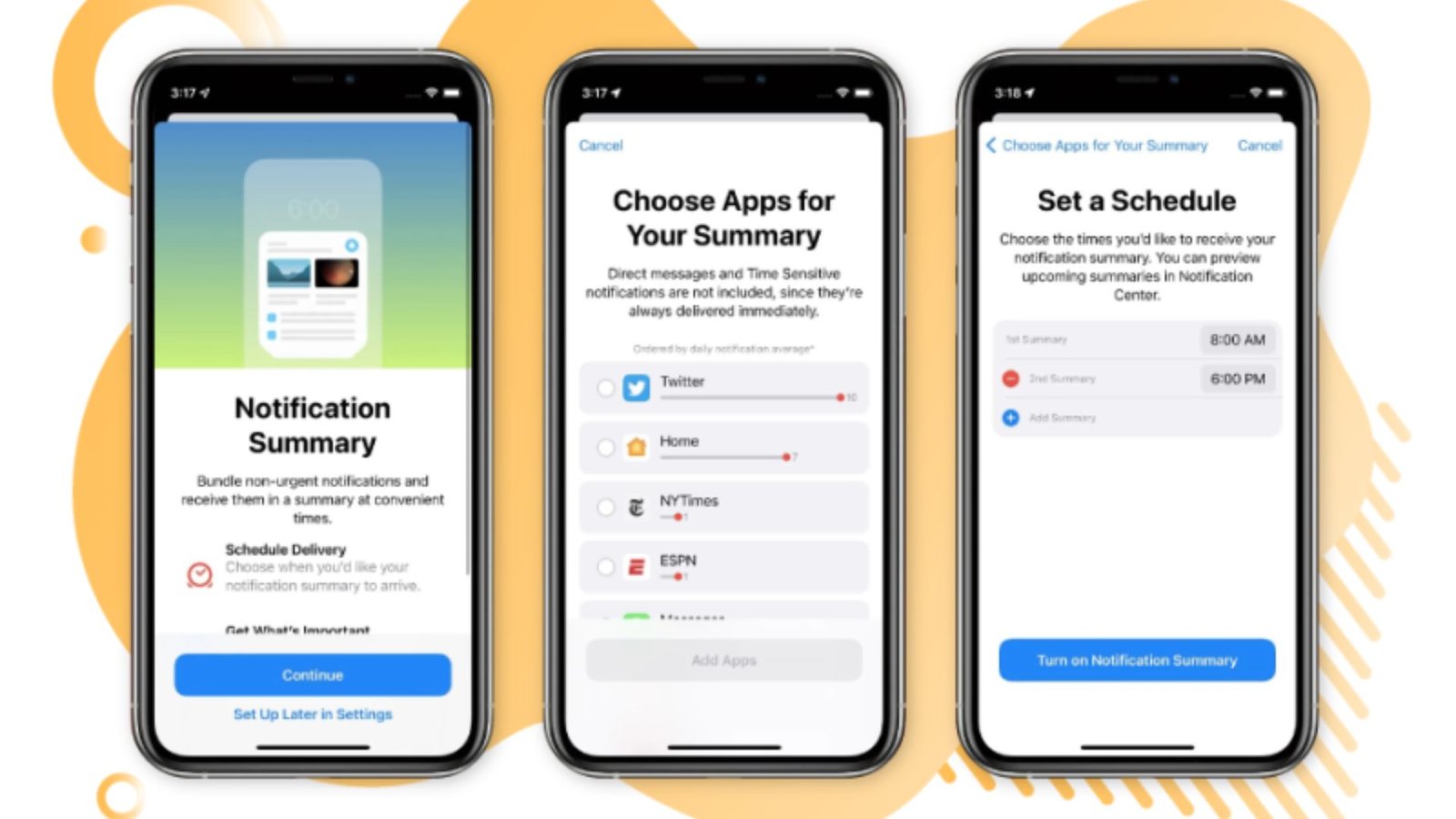Selecting the right app development platform is a crucial decision that influences your app’s performance, reach, and overall success. The platform you choose will determine how your app functions across devices, its speed to market, and the development costs involved. Whether you’re developing for iOS, Android, or multiple platforms, you need to carefully evaluate your options to ensure the best fit for your project.

Identify Your Target Audience
Understanding your target audience is the first step in choosing the right app development platform. Determine which platform your users are most likely to engage with. For example, iOS users tend to spend more on apps and in-app purchases, while Android has a larger global market share. If your audience is spread across multiple platforms, consider developing a cross-platform app to reach a wider user base. Knowing your audience will help you align your platform choice with their preferences and behaviors.
Consider Development Costs
Development costs vary significantly depending on the platform you choose. Native app development for iOS or Android offers the best performance but often requires a larger budget since you’ll need separate codebases for each platform. Cross-platform development, on the other hand, allows you to build one app for multiple platforms, potentially saving time and money. Evaluate your budget and decide which development approach will give you the best return on investment without compromising quality.
Evaluate Time to Market
The time it takes to bring your app to market can be a deciding factor in platform selection. Native apps often require more time to develop due to the need for different codebases. However, they offer better performance and access to device-specific features. If you need to launch quickly, cross-platform development might be the better option as it allows you to develop for both iOS and Android simultaneously. Consider your timeline and weigh the benefits of speed versus performance when making your choice.
Assess Platform-Specific Features
Different platforms offer varying features and capabilities that can impact your app’s functionality. iOS development provides access to Apple’s ecosystem, including Siri integration, Face ID, and Apple Pay, while Android offers a broader range of customization options and supports multiple devices with different screen sizes. If your app relies heavily on specific features unique to a particular platform, this should influence your decision. Ensure that the platform you choose can support all the functionalities your app requires.
Prioritize User Experience
User experience is key to the success of your app, and different platforms deliver varying experiences. Native apps offer a more seamless and responsive user experience because they are specifically designed for a particular operating system. If delivering a high-quality user experience is a top priority, native development might be the right choice. Cross-platform apps have improved significantly in recent years, but they may not match the same level of performance and user satisfaction as native apps. Consider how important user experience is to your app’s success when deciding on a platform.
Think About Future Scalability
As your app grows, so will the need to scale its features and reach. Native development allows for more flexibility in scaling because it offers better performance and integration with new device features. Cross-platform development is also scalable, but it might require more adjustments when new versions of operating systems or devices are released. Plan for future growth by choosing a platform that can accommodate expansion without significant overhauls or additional costs. Ensure that your app’s platform can evolve with your business needs.
Weigh Maintenance Requirements
The platform you choose will affect the ongoing maintenance of your app. Native apps may require more updates and maintenance because you’ll need to manage separate codebases for iOS and Android. Cross-platform apps, while easier to maintain with a single codebase, may encounter more bugs or performance issues across different devices. Evaluate your team’s capacity for ongoing maintenance and choose a platform that aligns with your resources and ability to manage updates effectively.
Seek Developer Expertise
Your choice of app development platform may also depend on the expertise of your development team. Native development requires specialized knowledge of Swift or Objective-C for iOS and Java or Kotlin for Android. Cross-platform frameworks like React Native or Flutter use different programming languages and tools, which may be more familiar to your team. Leverage your developers’ expertise when choosing a platform to ensure a smoother development process and higher-quality end product.
Conclusion
Choosing the right app development platform involves balancing your target audience’s needs, budget, timeline, and technical requirements. Whether you opt for native development to prioritize performance and user experience or cross-platform development to save time and reach a broader audience, the platform you choose will shape your app’s success. By carefully considering development costs, scalability, maintenance, and your team’s expertise, you can select the platform that best aligns with your project goals.




